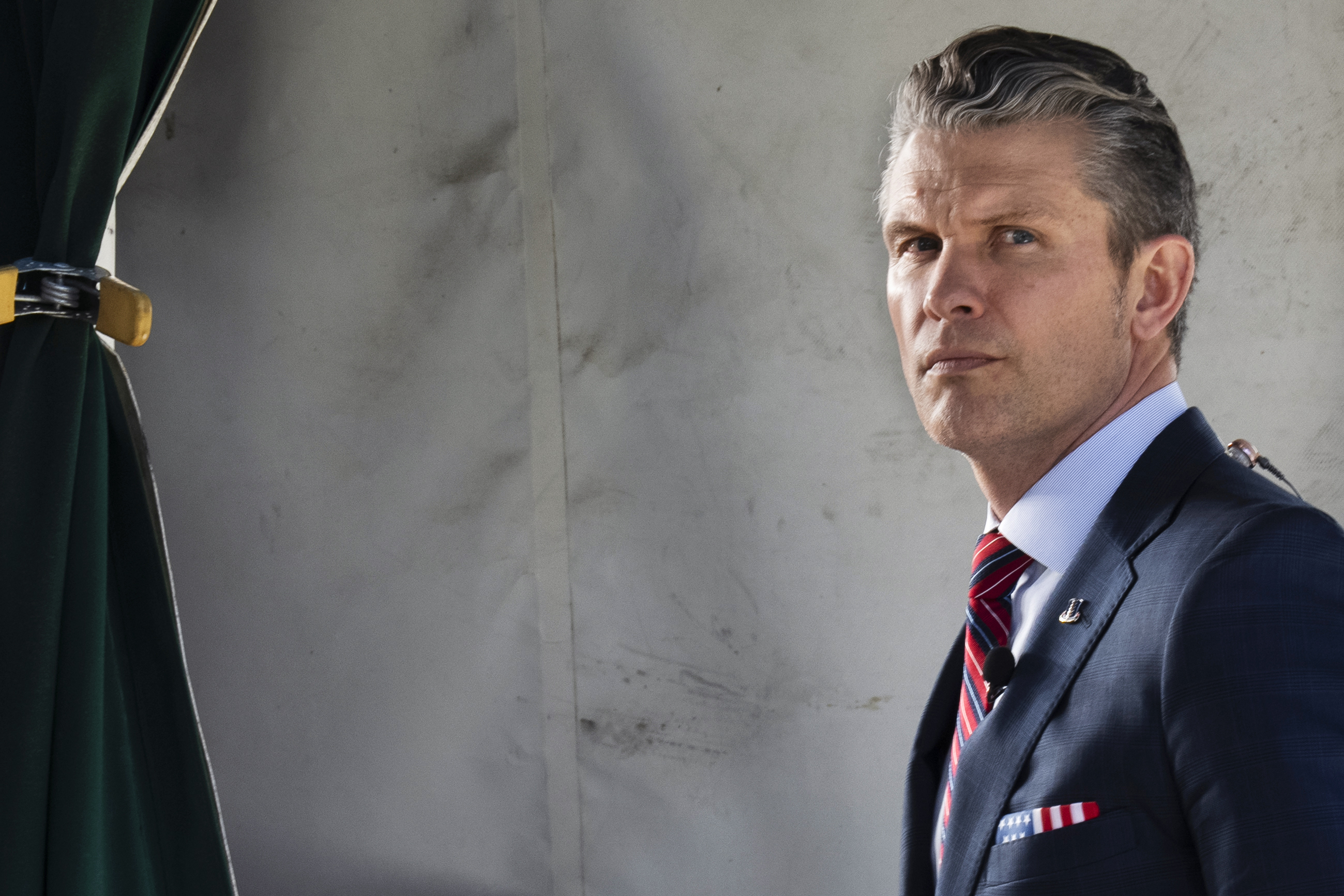The church said it was considering an immediate appeal of the Tokyo District Court’s revocation of its legal status, which would take away its tax-exempt privilege and require liquidation of its assets.
The order followed a request by Japan's Education Ministry in 2023 to dissolve the influential South Korea-based sect, citing manipulative fundraising and recruitment tactics that sowed fear among followers and harmed their families.
In the ruling, the court said the church’s problems were extensive and continuous, and a dissolution order is necessary because it is not likely it could voluntarily reform, according to NHK television.
The investigation into Abe's assassination revealed decades of cozy ties between the South Korea-based church and Japan’s governing Liberal Democratic Party. The church obtained legal status as a religious organization in Japan in the 1960s during an anti-communist movement supported by Abe’s grandfather, former Prime Minister Nobusuke Kishi.
The man accused of killing Abe resented the church and blamed it for his family's financial troubles.
The church, which officially calls itself the Family Federation for World Peace and Unification, is the first religious group subject to a revocation order based on violations of Japan’s civil code.
The church, founded in Seoul in 1954, a year after the end of the Korean War, by the late Rev. Sun Myung Moon, the self-proclaimed messiah who preached new interpretations of the Bible and conservative, family-oriented value systems.
The church faced accusations in the 1970s and 1980s of using devious recruitment tactics and brainwashing adherents into turning over huge portions of their salaries to Moon. In Japan, the group has faced lawsuits for offering “spiritual merchandise” that allegedly caused members to buy expensive art and jewelry or sell their real estate to raise donations for the church.














